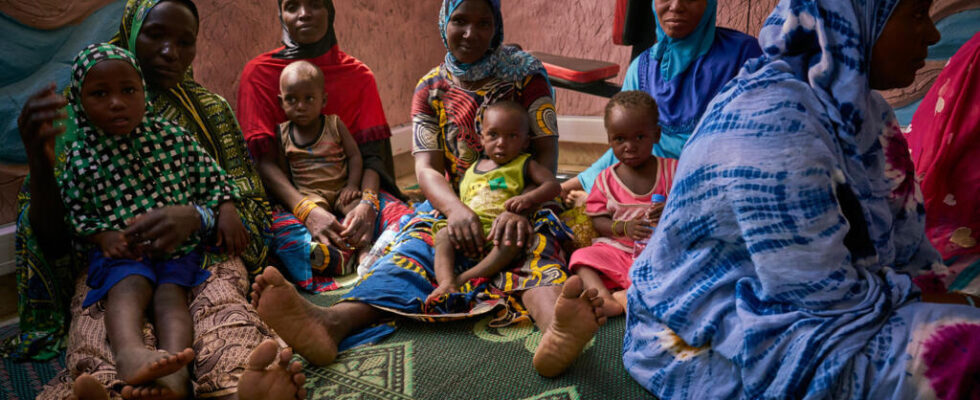In Gao, in the north of Mali, the brand new Cité Naata welcomes its first displaced people and refugees. Under construction for a year and a half in Djebock, on the outskirts of Gao and officially inaugurated this Friday, June 7, this site of the United Nations High Commissioner for Refugees offers a lasting solution to people who have had to flee their homes due to the security threat, violence from jihadists linked to al-Qaeda or the Islamic State, or that of the military and whose prospects of return are unfortunately not in the short term.
2 mins
HAS Gao, 226 housing units are planned for families of eight people. The Naata City, “hope” in the Songhai language, is a major project, even if it will not be able to accommodate all of the 70 to 80,000 internally displaced people and 30,000 refugees registered by the UNHCR in Gao. The latter come mainly from the northern regions of Mali, Niger and Burkina.
Over the past ten years, the city’s population has more than doubled as a result of this massive influx, which has further accelerated over the past two years with the increase in the security threat, according to the UN refugee office. , directed in Mali by Mohamed Askia Touré. “ The internal displacement that we thought was temporary is part of a certain form of duration. So the Naata city is an answer. We have created a form of resilience for these populations, namely health centers, a maternity ward as well as two or three hectares for agricultural activities which will generate income for these populations. », explains Mohamed Askia Touré.
“ It’s a big relief for us »
The host populations, the “original” inhabitants of Gao also have access to these infrastructures. Leilata Yssoufou is Burkinabé. She arrived in Gao three years ago with eleven children, hers and her brother’s, orphans. A few days ago, she received the keys to her new house, in the Naata city. “ They are well installed. There is a bedroom, a living room, the shower in front of the house. There is also space at night to sleep. We have water too. There is school. We are comfortable here. It’s a big relief for us », confides Leilata.
The Naata city cost two million dollars, entirely financed by the United Nations and other international partners. UNHCR is currently seeking funds to launch similar projects in Ménaka, Timbuktu and Mopti.
Read alsoMali: around twenty dead in the collapse of a gold panning site
